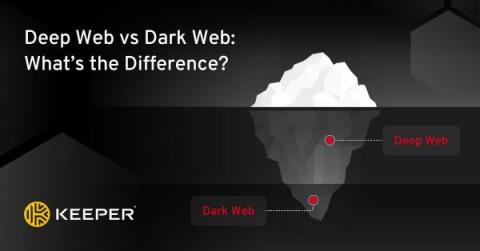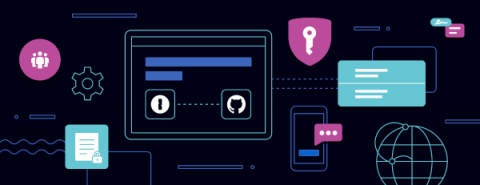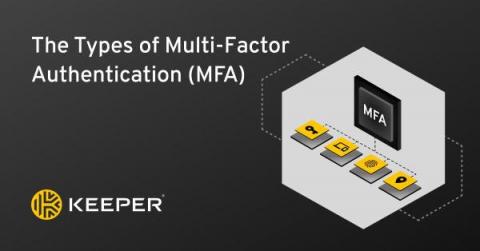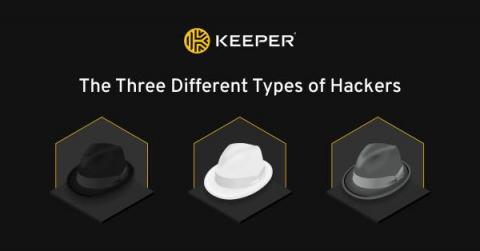Deep Web vs Dark Web: What's the Difference?
The main difference between the deep web and the dark web is that the deep web is bigger and used every day by most people without even realizing it. The dark web can only be accessed with the Tor browser and is riskier to access than the deep web. Continue reading to learn more about the differences between the deep and dark web, and how you can keep your information protected from both.











